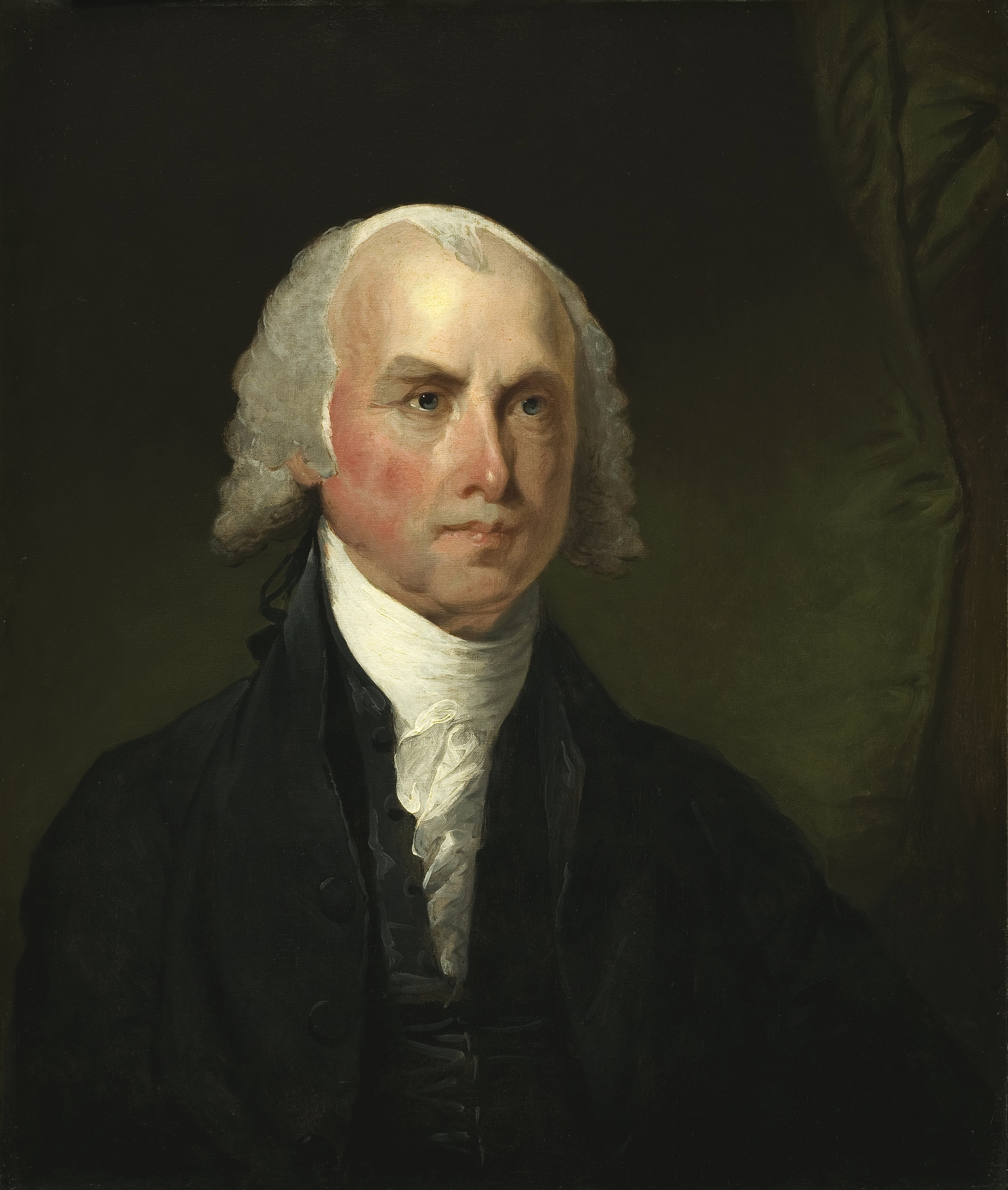Federalist No. 62 on:
[Wikipedia]
[Google]
[Amazon]
 Federalist No. 62 is an essay by
Federalist No. 62 is an essay by
Text of The Federalist No. 62
The Federalist No. 62 Text
{{Federalist Papers 1788 in law 62 1788 in the United States 1788 essays
 Federalist No. 62 is an essay by
Federalist No. 62 is an essay by James Madison
James Madison Jr. (March 16, 1751June 28, 1836) was an American statesman, diplomat, and Founding Father. He served as the fourth president of the United States from 1809 to 1817. Madison is hailed as the "Father of the Constitution" for h ...
, the sixty-second of ''The Federalist Papers
''The Federalist Papers'' is a collection of 85 articles and essays written by Alexander Hamilton, James Madison, and John Jay under the collective pseudonym "Publius" to promote the ratification of the Constitution of the United States. The c ...
''. It was published on February 27, 1788 under the pseudonym
A pseudonym (; ) or alias () is a fictitious name that a person or group assumes for a particular purpose, which differs from their original or true name ( orthonym). This also differs from a new name that entirely or legally replaces an individu ...
Publius, the name under which all ''The Federalist'' papers were published. This is the first of two essays by Madison detailing, and seeking to justify, the organization of the United States Senate
The United States Senate is the upper chamber of the United States Congress, with the House of Representatives being the lower chamber. Together they compose the national bicameral legislature of the United States.
The composition and po ...
. It is titled "The Senate".
Five key considerations are brought up in the introductory paragraph, of which only three and a part of the fourth are discussed in Federalist No. 62. Madison's thoughts on this subject are completed in Federalist No. 63
Federalist No. 63 is an essay by James Madison, the sixty-third of '' The Federalist Papers''. It was published on March 1, 1788, under the pseudonym Publius, the name under which all ''The Federalist'' papers were published. Continuing what ...
:
# The qualifications of senators (thirty years of age or older/citizen for nine years),
# the appointment of Senators by the state legislatures – later changed to direct popular vote by the 17th amendment in 1913,
# the equality of representation in the Senate, and
# the number of senators.
Proposed qualifications of a member of the Senate
A member of the Senate must be thirty years of age and have been an American citizen for nine years while a Member of the House of Representatives is required to be 25 years of age and needs to have been a citizen for only seven. James Madison's reasoning for this is that with age comes more wisdom and a lower chance of being affected by emotion when making decisions. The reason for the longer period of citizenship is to protect the government from any influence that other countries could have, caused by appointing those who have not been in America for long enough to understand the values and interests of the people. These requirements are still the same today.Method of appointing members of the Senate
Madison believed the Senate should be a method of connecting state and national government. Therefore, he proposed that senators be voted in by the State legislatures in order to keep the Senate exclusive to a well selected and qualified group of individuals while also effectively linking the two government groups. However, after passage of the Seventeenth Amendment in 1913, senators of each State are elected through popular vote by the residents of each State.The equality of representation
The Senate is meant to regulate the power of the House of Representatives by giving equal power to every state in the Senate. This is accomplished by allowing each State two senators with one vote each, which counteracts the fact that the number of representatives per state is based on the size and population of the state. As Madison says, "the government ought to be founded on a mixture of the principles of proportional and equal representation". Due to this, each state has equal power in the Senate, which in turn protects smaller States from being overpowered by larger States. Representatives are elected with the people's interests in mind, while senators are elected with the States' interests in mind. What this means is that when the House of Representatives votes to pass a law or bill it is then voted for in the Senate which leads to the passing of laws that cater to both the States and the people. This type of two-stage voting system keeps the House of Representatives from passing too many laws or from passing laws that possibly serve the interests of the people themselves.External links
Text of The Federalist No. 62
Congress.gov
Congress.gov is the online database of United States Congress legislative information. Congress.gov is a joint project of the Library of Congress, the House, the Senate and the Government Publishing Office.
Congress.gov was in beta in 2012, a ...
The Federalist No. 62 Text
{{Federalist Papers 1788 in law 62 1788 in the United States 1788 essays